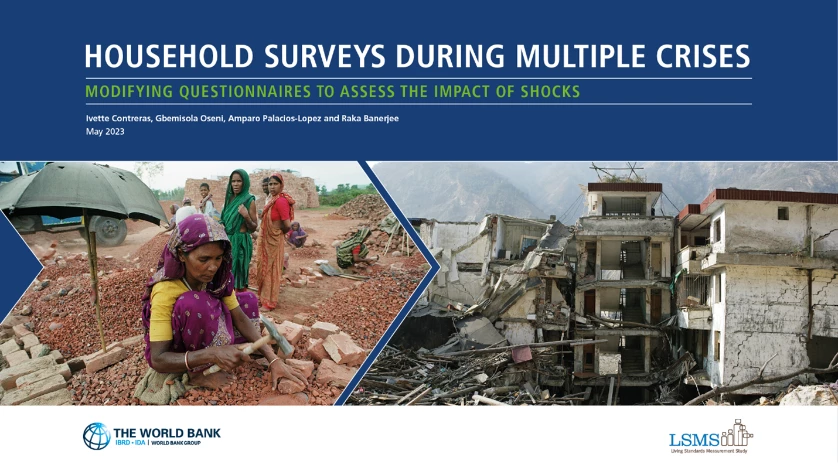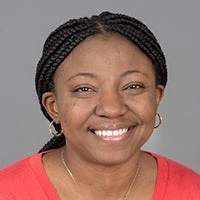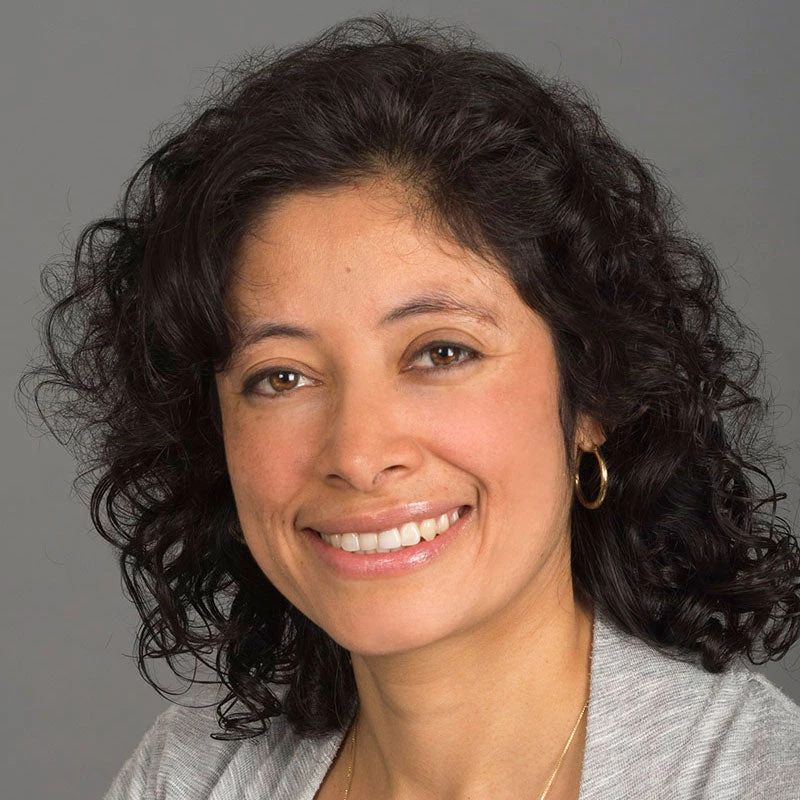The world has seen more than its fair share of crises over the last few years. The COVID-19 pandemic – one of the most significant global shocks seen in the last century – has unleashed wave upon wave of suffering, claiming the lives and livelihoods of people across the globe. Beyond the pandemic, the war in Ukraine, inflation at levels not seen since the 1970s, and food price crises have all disrupted supply chains and changed the state of household welfare around the world. And that’s not even accounting for the many community-level shocks that are disrupting lives due to climate change, natural disasters, or regional conflict, among others.
One of the tools that can be most useful in the face of shocks unfortunately tends to also be one of the most difficult to come by during a time of crisis: high-quality data. Data can help governments identify the people who are most vulnerable and/or most impacted by a given shock, helping to direct critical aid and interventions where they are needed the most. Unfortunately, when widespread shocks happen, data collection tends to be disrupted along with everything else. When the COVID-19 pandemic first occurred, the vast majority of national statistical offices around the world were forced to shutter their operations, many for an extended period of time.
Thanks to phone surveys, most national statistical offices were able to resume their operations to collect data, even as the pandemic raged on. However, given the survey length constraints of phone surveys, face-to-face household survey data collection still remains unparalleled when it comes to collecting high-quality and detailed data on welfare, especially for low- and middle-income countries. How, then, should household survey questionnaires be adjusted to account for the impact of major shocks?
Our newly released technical note – Household Surveys During Multiple Crises – offers guidance on exactly this topic, providing detailed information and section-by-section recommendations on tailoring household survey questionnaires to collect critical data on the impact of shocks on household welfare. The new note builds on lessons from 40+ years of household survey work from the World Bank’s Living Standards Measurement Study team, as shared in its guidebook “Capturing What Matters: Essential Guidelines for Designing Household Surveys”.
For each questionnaire section, suggestions are offered on how to adapt the questions to account for shocks – including everything from new questions in the labor module about household members who may have lost their jobs due to the shock, to questions on education about children who may have missed classes or dropped out of school as a result of the shock. To make things easier for survey practitioners, an entire sample questionnaire is included in the appendix, with new shock-related questions highlighted for convenience.
As devastating as they are, shocks are an inevitable part of our lives, whether they be small-scale like a medical emergency, or society-wide, like a pandemic or a natural disaster. But one thing that can help us recover is good data that can help governments and civil society better understand the scale of suffering and develop interventions to mitigate negative impacts. We hope that this guidance note will help future generations of survey practitioners to collect the data we need to improve lives before, during, and in the aftermath of the crises still to come.
Looking forward, the Living Standards Measurement Study (LSMS) team, in collaboration with our partner national statistical offices, will take steps to position LSMS-supported national multi-topic longitudinal surveys in a way to better understand resilience to and the socioeconomic impacts of shocks. Our newly released technical note – Household Surveys During Multiple Crises is a first step to address this need. Stay tuned for what we have in store for the next phase of our longitudinal survey programs!






Join the Conversation